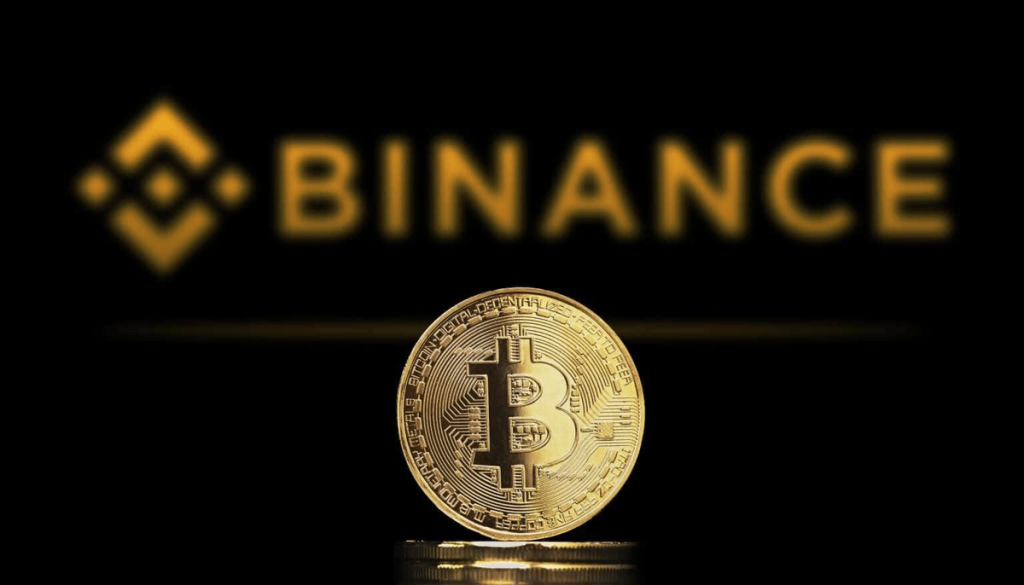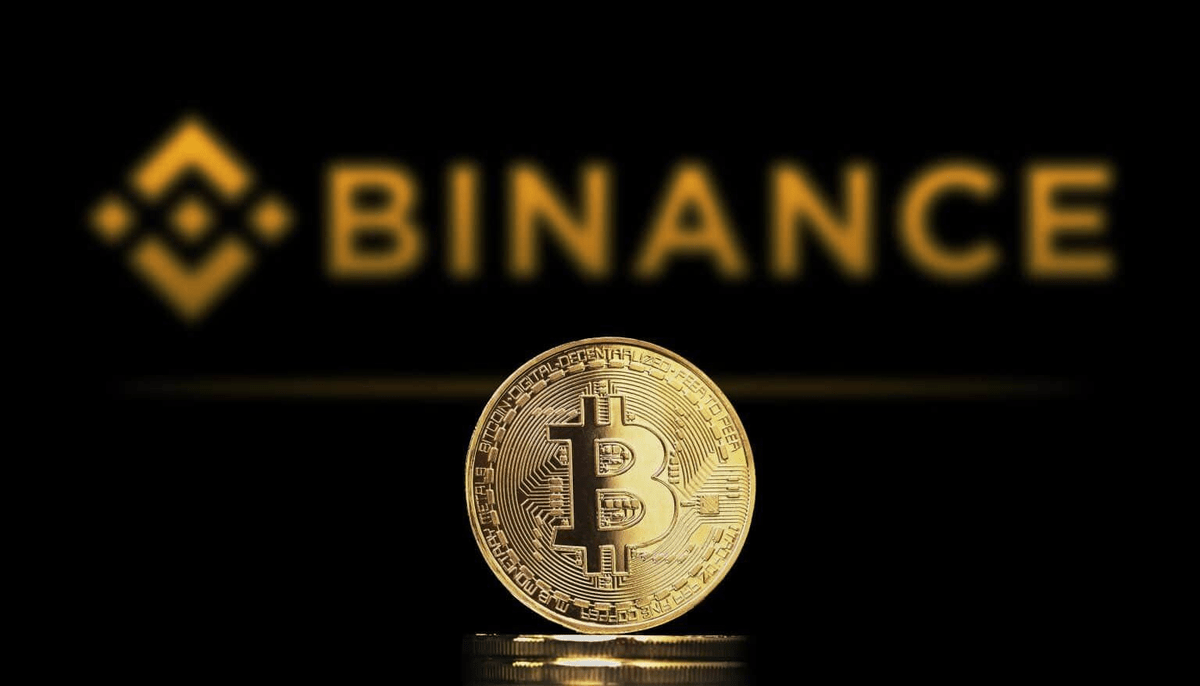According to claims made by Noones CEO Ray Youssef, Binance has been taking money from Palestinian users at the instruction of Israeli officials.

Source: Adobe
On August 26, accusations began to circulate that Binance, one of the biggest cryptocurrency exchanges in the world, had frozen the cryptocurrency holdings of Palestinian users at the request of Israeli authorities.
Ray Youssef, the CEO of Noones P2P platform and co-founder of Paxful, made this claim, which raised questions regarding user privacy and the independence of cryptocurrency exchanges.
The Accusation and the Israeli Anti-Terrorism Law
According to Youssef, via X, Binance “seized funds from all Palestinians” at the Israel Defense Forces’ (IDF) request.
Binance has seized all funds from all Palestinians as per the request of the IDF. They refuse to return the funds. All appeals denied.
— Ray Youssef (@ray_noOnes) August 26, 2024
Your funds are SAFU at @noonesapp tho.
In accordance with the authority delegated to me by the Minister of Defense, according to Section 61(a)… pic.twitter.com/RYlsFmlh2i
He continued by saying that the exchange rejected the impacted users’ appeals and declined to return the money. As of right now, these allegations have not been publicly addressed by Binance or Israeli authorities.
The core of the problem is the claim that cryptocurrency wallets, including those owned by Palestinians, have received money from the Dubai Exchange Company, an entity that Israel has designated as terrorist. Israeli authorities brought attention to this Gaza-based organization in 2022.
BREAKING: Israeli forces seize $2.8 million from five money exchange companies in the West Bank, declare them terrorist organizations.
— The Spectator Index (@spectatorindex) December 28, 2023
Binance reportedly responded to appeals from Palestinian users by referencing a November 2023 letter signed by Paul Landes of Israel’s National Bureau for Counter-Terror Financing.
The Hebrew letter justified the “temporary seizure of property belonging to a declared terrorist organization,” including cryptocurrency funds, by citing anti-terrorism laws.
“We Are All Palestinians Now”: Youssef’s Concerns About Crypto Seizures
Youssef expressed concern that rather than serving as safe places to store digital assets, centralized exchanges like Binance are turning into “government snitches.”
If accurate, he said, Binance violated the trust of its users by providing the IDF with information on users in the Middle East and North Africa (MENA) region without following the proper legal procedures.
Youssef cautioned, “Not your keys, not your coins. We are all Palestinians now.”
This quote highlights growing concerns about the potential for government interference in what many perceive to be a decentralized and autonomous system, as well as the concentration of power within large exchanges.
This instance is representative of a larger trend of bitcoin seizures linked to international disputes.
🚨JUST IN: Israel has ordered the closure and freezing of more than 100 accounts on the Binance crypto exchange, which were allegedly used as a source of funding for Hamas.
— Mario Nawfal (@MarioNawfal) October 17, 2023
According to a report in the Daily Mail, about $40 million were transferred to the organization in the… pic.twitter.com/u4pjFVQ2AU
Israeli authorities allegedly blocked cryptocurrency accounts used by Hamas for fundraising in October 2023. According to reports, Binance helped take down these accounts that were associated with Hamas.
Israeli authorities also seized 190 Binance accounts allegedly tied to Hamas and ISIS in April 2023.
Several participants in the cryptocurrency market have taken comparable steps. Tether blocked 32 cryptocurrency addresses in 2023 that were allegedly connected to terrorist activities in Ukraine and Israel.
$873,118 in USDT was seized as a result of this action, which was conducted in cooperation with Israel’s National Bureau for Counter-Terror Financing.















Leave a Reply